- Home
- / CL Answers
- / Which supplements and foods help relieve constipation and which can cause constipation?
www.consumerlab.com/answers/supplements-that-cause-constipation/supplements-constipation/
Save to favorites
This feature is restricted to active members.
Join now to save favorites and get all member benefits, including over 1,400 reviews.
Join NowAlready a member? Sign in here.

Our Members Asked:
Which supplements and foods help relieve constipation and which can cause constipation?

Answer:
A number of supplements and foods can help treat or prevent constipation — although some traditionally used supplements may not help and some can worsen this condition.
Sign in as a member for information about supplements that may help, those that might not, and those that can cause constipation or make it worse. Supplements discussed include aloe vera juice, baking soda, berberine, beta-sitosterol, calcium, chlorella, cinnamon, fiber (including glucomannan, ground flaxseed, and psyllium), kiwi fruit powder,iron, magnesium, marshmallow root, N-acetyl cysteine (NAC), nattokinase, probiotics, protein supplements, rhubarb, senna, Triphala, and vitamin D. Also, find out which fiber-containing fruits might help.
In addition the results of its expert testing, ConsumerLab uses only high-quality, evidence based, information sources. These sources include peer-reviewed studies and information from agencies such as the FDA and USDA, and the National Academy of Medicine. On evolving topics, studies from pre-print journals may be sourced. All of our content is reviewed by medical doctors and doctoral-level experts in pharmacology, toxicology, and chemistry. We continually update and medically review our information to keep our content trustworthy, accurate, and reliable. The following sources are referenced in this article:
- Attaluri, Aliment Pharmacol Ther 2011
- Bae, Pediatr Gastroenterol Hepatol Nutr 2014
- Bayer, Nutrients 2022
- Bellini, Nutrients 2021
- Dreher, Nutrients 2018
- European Medicines Agency 2019
- Graham, Bioactive Carbohydrates and Dietary Fibre 2024
- Iizuka, Front Pharmacol 2015
- Kinariwalla, Pediatr Dermatol 2024
- Mukherjee, IJPT 2006
- Munshi, J Ayurveda Integr Med 2011
- MyFoodData.com
- Ponnusankar, J Ethnopharmacol 2011
- Shah, J Med Plants Res 2011
- Vilanova-Sanchez, J Pediatr Surg 2018
Join today to unlock all member benefits including full access to all CL Answers and over 1,400 reviews.
Join NowAlready a member? Sign In Here.
Join now at www.consumerlab.com/join/
Agree to Comment Terms
Please abide by the following:
- If you make a statement of fact, such as whether a type of treatment does or does not work, state your basis -- such as personal experience or a published study.
- If you make a positive or negative comment about a product, note whether or not you have a financial interest in the product or in a competing product.
- Please be respectful in your tone.
- Please do not submit any type of HTML markup or scripting as it will not be accepted, nor will posts that exceed 2,500 characters.
For your privacy, only your first name (from your account) followed by a random number will appear with your comment. Your last name and email address will not be displayed.
Your comment has been submitted
We will review your comment before it is posted.

Related Reviews (9)
Latest Research Updates (Clinical Updates)
Triphala for Constipation?
October 28, 2024
Kiwi for Constipation?
July 16, 2024
Rhubarb for Constipation?
July 02, 2024
Constipation & Supplements
June 21, 2024
Kiwi for Constipation?
October 11, 2022
Related CL Answers (4)

Related Content
Join over 95,000 Members
Find the best products with instant access to our latest tests & reviews of over 1,400 health products.
Save money by finding high-quality products at lower cost.
Stay safe with the latest clinical findings, warnings, and expert answers.
Suggest products to test.
Stay informed with our e-newsletter.
Ratings of ConsumerLab

The "Updated" date indicates when new information was most recently added to this article. In the full article, the newest information is highlighted in yellow.

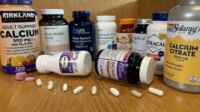
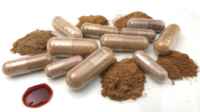


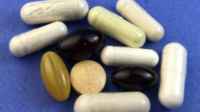
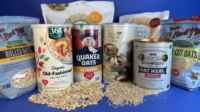

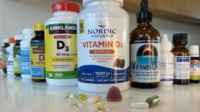
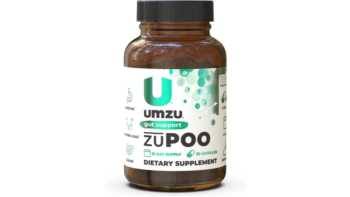
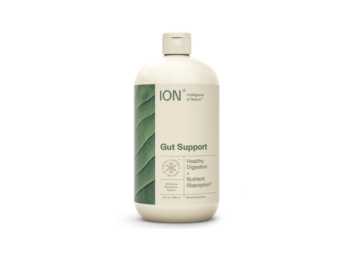

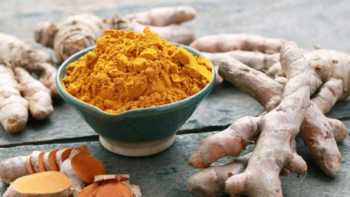





Submit your comment
This feature is restricted to active members.
Join now to add comments and get all member benefits, including over 1,400 reviews.
Join NowAlready a member? Sign in here.